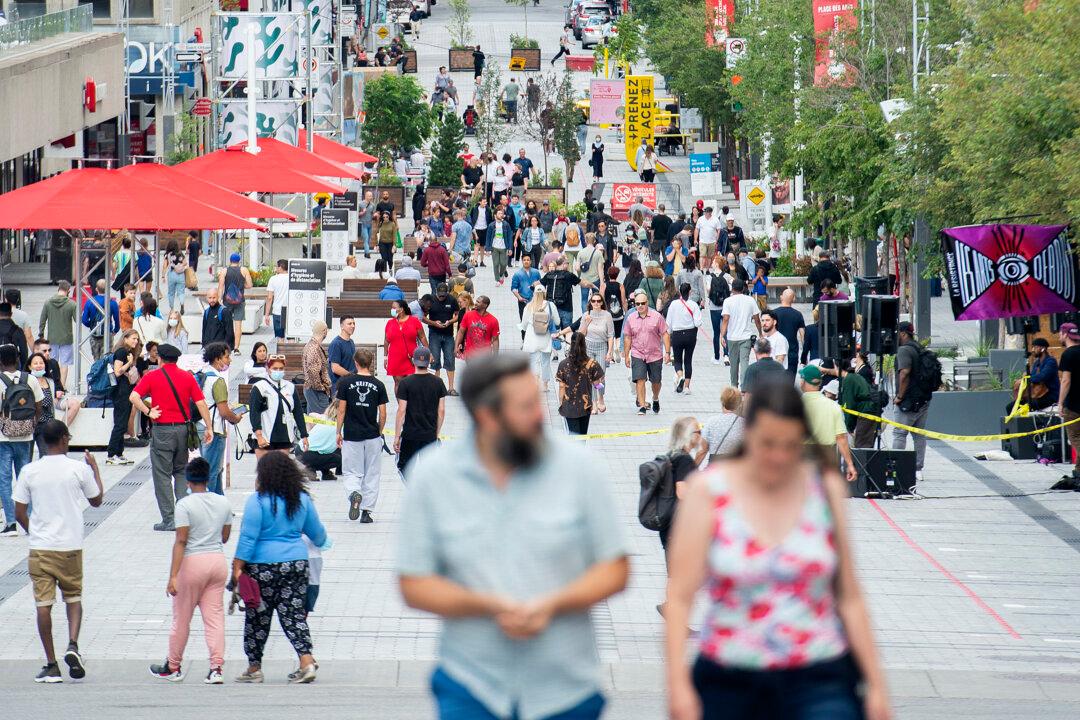News Analysis
Since the invasion of Ukraine by Vladimir Putin, there have been several instances of xenophobia against Russians living abroad that have gone largely uncondemned in Canada and other parts of the world.

Since the invasion of Ukraine by Vladimir Putin, there have been several instances of xenophobia against Russians living abroad that have gone largely uncondemned in Canada and other parts of the world.